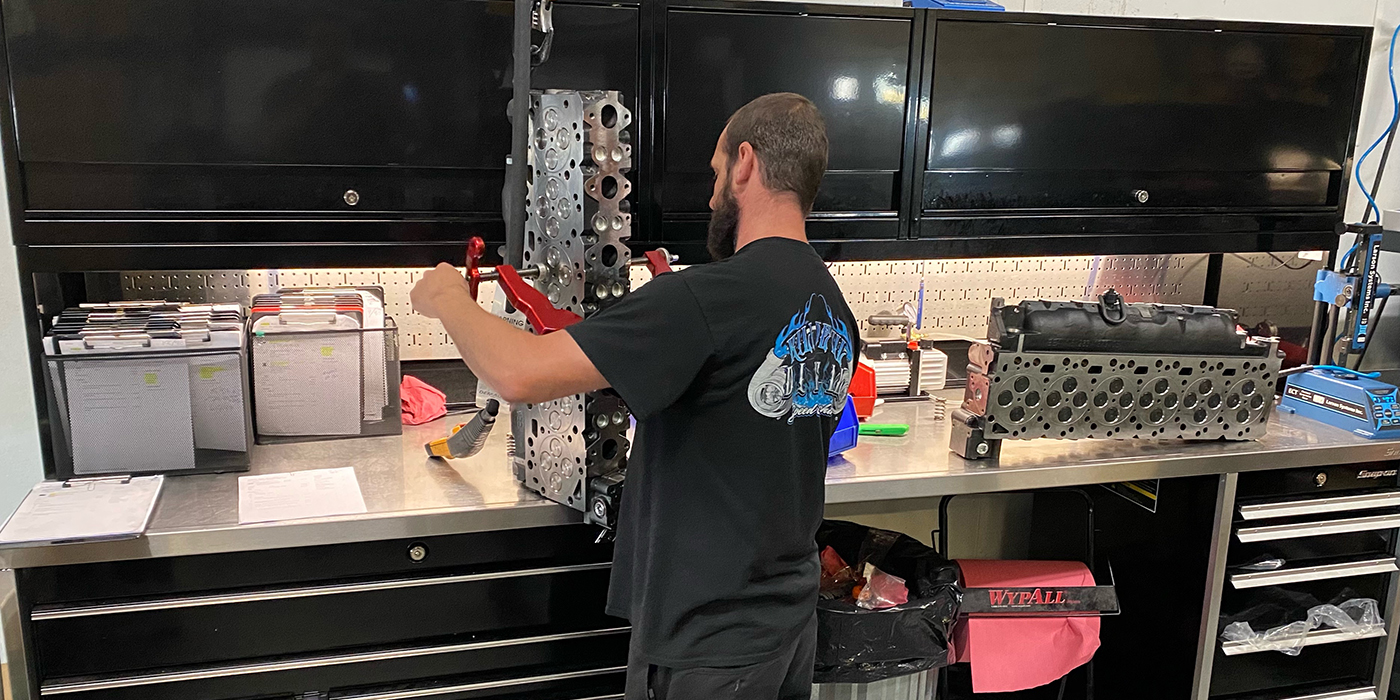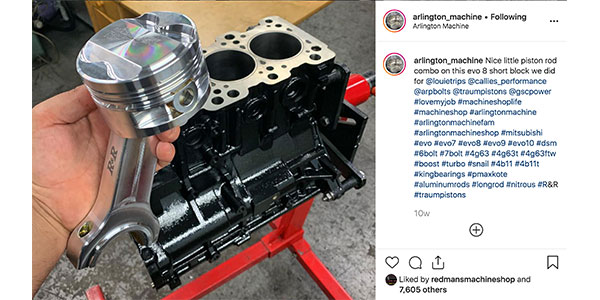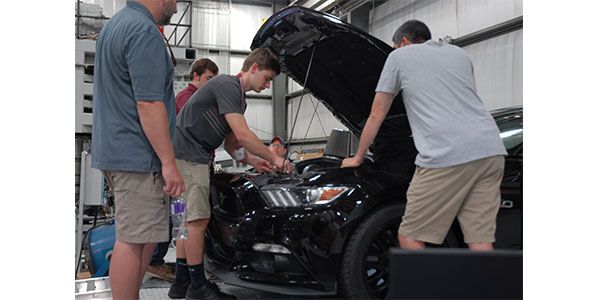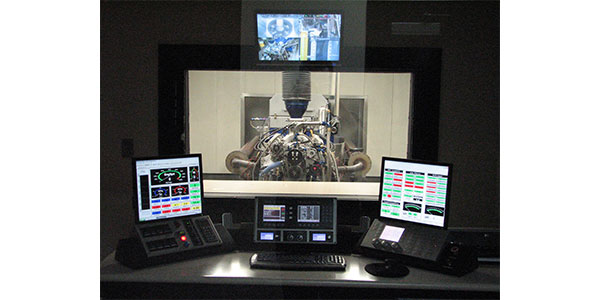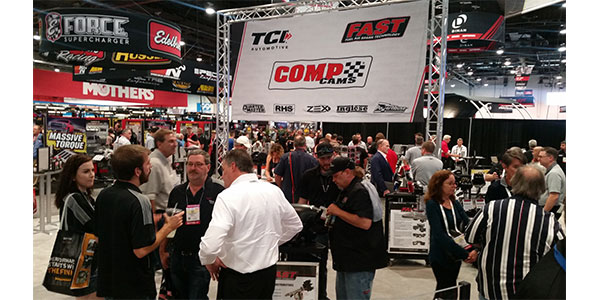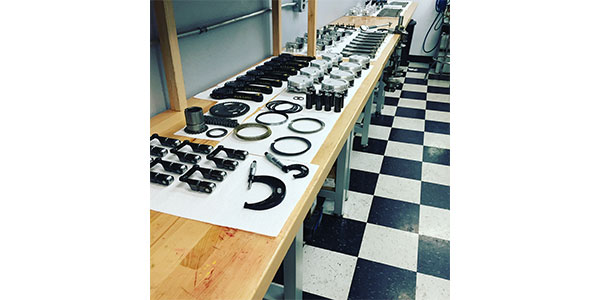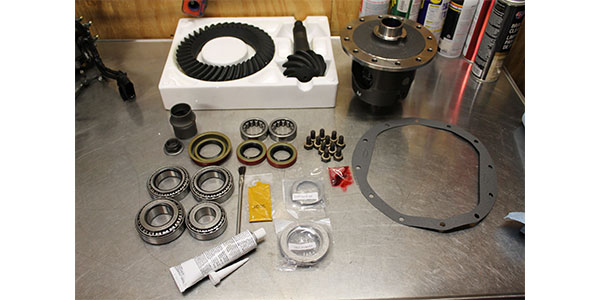I just could not imagine that he had time to contact me. Although I DO write for a major trade magazine in the automotive industry, I am not, no matter how much I may dream, a promising retail author. But after I woke up, I realized that there was a different type of message here.
Further investigation and a little reading told me he was not contacting me about the latest discounts or to thank me for joining his VIP club. No, he was writing to inform me (and millions of other bookstore lovers) that his business, like so many others, was suffering from the current economic times and changing trends in the market place. His company was being forced to make the hard decision to file for Chapter 11 reorganization. But not to fear, he wrote. Books would still be on the shelves and my coffee would still be warm. Business would continue as usual as his people worked diligently behind the scenes to take care of their financial problems and get back to business as usual.
It’s a familiar story in the business world, but does this sound like the moves your company may be forced to take if things don’t turn around soon? Unfortunately, few businesses today have the resources to survive reorganization and fewer react in time to actually turn things around. Is your business prepared? We all know people who have been laid off, fired or are doing something new. With unemployment approaching 10%, I’m sure we all know someone who has had a major life change brought on by these economic times.
Times are tough and the automotive engine rebuilding industry is just not as profitable as it was several years back. Profits are there, but we are going to be working harder and more importantly smarter to profit from here on out. We got into this business to make money, not just friends. There are some simple things that just need to be done today that may help guarantee success tomorrow.
To build engines we need machines and parts. By now I hope you have the machinery you need, or a competent shop to send your work to. But you will need parts. I am a strong believer that the builder should supply the parts – and, more importantly, to profit from the sale. We’ve covered several strategies for doing both right here on these pages in past issues and I’d strongly recommend looking up some of those articles as a refresher or for some new ideas to help you sell in a very competitive market.
Yes, we need parts, and to get them you’re going to have to pay for them. It’s nice that your warehouse distributor might offer 30-day payment terms, but you are still on the hook for the parts bill until you get paid for the finished job. Instead, you can and should let the customer pay for these parts before the job begins in the form of a deposit.
A “down stroke,” as they say, will do good things for you and your customer. First and foremost this will “qualify your customer.” By this I mean it will show you how serious he is about getting this engine job done. If he can’t come up with some cash now, what makes you believe he can find ALL the money when the job is done? A fifty percent deposit will almost certainly guarantee you have someone vested in his own project and more likely to get back in and pick up the job when it is ready. If he is not prepared to lay down some money, you might want to rethink involvement with this customer. At a minimum, you can decide how much of a priority you wish to place on this job.
Beyond qualifying your customer, a deposit takes pressure off your cash flow. You are no longer working on your own money, nor borrowed money. Even if you don’t think this is a problem for this job, what happens when you start stacking up unpaid bills for jobs customers aren’t in any hurry to pick up? Start getting into parts bills for 5, 6 or 10 engines and we are talking some serious money – your money. Nothing can hurt the relationship you’ve spent years developing with your suppliers like not being able to pay your bills.
I’ve seen shops so full of engines that you could hardly move around in them. When you’re moving and working in cramped quarters, you leave the door open for some kind of accident that might hurt the finished goods. This will really set you back in time and money. The best incentive to get that job picked up is a reasonable size bill at the end of the job. Well, that and a threat that the customer’s engine will soon be for sale on the Internet.
Check out your local laws, but what other recourse does a shop have? If the finished project is not important enough for the customer to pick up, you should execute all rights you have to get paid, and that includes selling the engine to the highest bidder. Of course, you will have to payout some of these proceeds to the original owner, so check the local laws and know what you will be on the hook for.
Now that we have our customers under control, let’s not forget our employees and our own discipline. Nothing can cost you revenue like an unproductive employee. And I am not talking about the ones who waste time on their own. You should have dealt with or replaced them long ago. I mean the hours wasted if you are not organized and supplying them with jobs, training and the parts to keep the jobs moving. It has been my experience that most people truly want to work. You can also hear it around the water cooler when they are not given the chance to work. Someone has to take the jobs in, contact the customer when there are additional repairs or parts needed, or just to get that initial bid out and get that deposit into the shop so that the work can commence. But you cannot take your employee’s working hours for granted. You aspired to be the boss and owner – they did not. By definition their productivity is your responsibility.
Today’s small shop environments, in which there might be only 2 or 3 people working, requires a good computer system to track jobs. I can see no reason today not to have one of these electronic marvels on your counter. They are not that expensive. The software is available, even if it just a simple bookkeeping software, and at ridiculously low prices. The record keeping aspect for tax time alone necessitates the need for some kind of machine. I might recommend a laptop; an all-in-one machine that you can pack around with you, from home to shop. This way, when you get stuck on something, you can bring it home and get your child to help you get things running again! Amazing how they just seem to know how to tackle problems that can bring a grown man to tears.
Internet access can be of great importance, if you can get the service to your building. It can aid with communication to your suppliers and it opens a whole world of information. With the diversity of work flowing into shops today you need access to all the info you can find. I often think of all the great machinists who are no longer in the business or no longer with us – and of all that great knowledge about the older engines that has been lost or forgotten. And just try to keep up with the new technology. Industry magazines like this great one I am fortunate enough to write for are but one of the many sources available to us today to keep up with the changes. People, it is the 21st century. You need a computer. Skip the fax machine you neglected to purchase. Move to a computer, add web access and you will see your ability to get and keep organized change dramatically.
A simple e-mail to a customer with your quote, a revised estimate or notification that the job is indeed finished, gives you a much quicker means to communicate. It can allow you to stay busy working and just shoot off a quick e-mail or instant message to your supplier for an order or quote. Best of all with customer or supplier, it creates a record of that communiqué you can access, day or night.
Don’t miss the details. It is usually the little things and the mistakes that bring productivity to a standstill. Get all of the information about the vehicle and the engine from the customer at the very start. I might even go as far as to say that you may not even want the job on the premises if you can’t get the correct information by the end of the business day. When did you go into storage?
It is crucial that you know what you are working on and along with that, what is expected. You need more than year, make and model: you need VIN numbers. For heavy-duty engines you will need even more. Serial numbers are crucial. For some engines you need arrangement numbers. For agriculture you need the vehicle designation and type. Do not assume anything. We’ve all heard what “assume” means and I don’t want to be called that. Get all the info from the start and save yourself and your suppliers some grief.
As we see more shops get connected, shop-to-shop communications and “blogs” become possible. Social networking enable shared information and open table discussions of common issues or problems. Most other industries cannot manage without some form of computer today. The time has absolutely come for you to get on board.
Don’t cut corners to meet the customer’s low financial situation, unless you know exactly what you are getting into and can cover yourself from liability. I’ve written a couple of articles about warranty that you can look up, but let’s say the last thing we need in our business lives is to “Go to war.” Don’t cut your prices only to find that every part of the job will be a problem and expect to get compensation for them all.
Remember, you’re in business, not friendship building. You are the expert. That is why they came to you. When you need expert help in another field, you are forced to pay for it. That goes the same here. Sadly, friends and family can be the worse. Whenever you can, stay away from their work. Expectations can be just too high.
Let’s work on a new acronym for our business: POP. Professionalism, Organization and Profit. Those are the things we need to keep our businesses alive in these financially trying times. We may be losing suppliers though bankruptcy and consolidation – not to mention my bookstore – but if you sharpen your pencil now, it can keep you from writing your shop’s final chapter.
Dave Sutton has more than 33 years of automotive
aftermarket experience, starting with his days as a jobber store stock
clerk and driver. He currently operates a manufacturer’s rep agency in
Minneapolis, MN, and is a District Sales manager for Sterling Bearing.
For information about developing your own sales plan, email him at [email protected].



